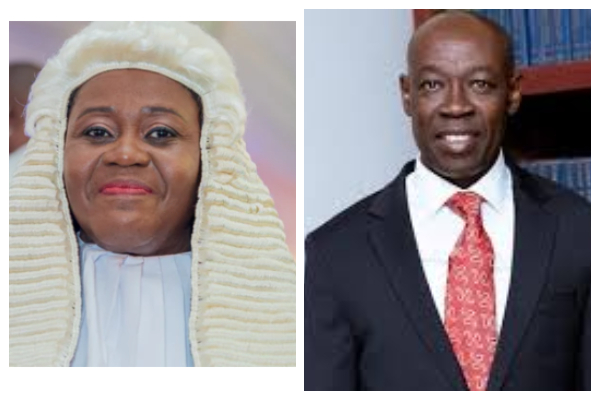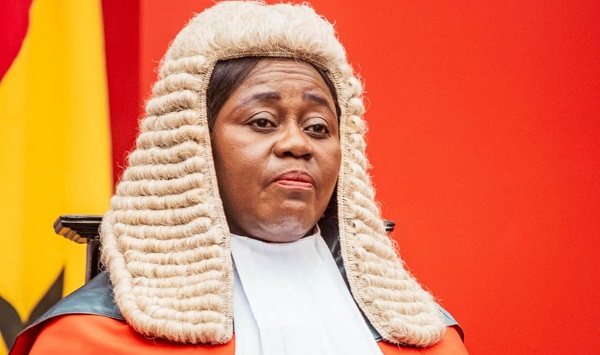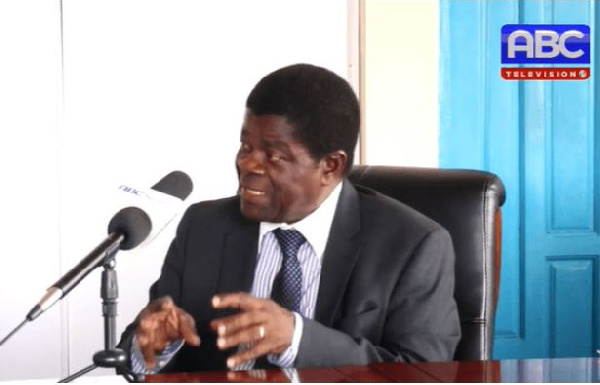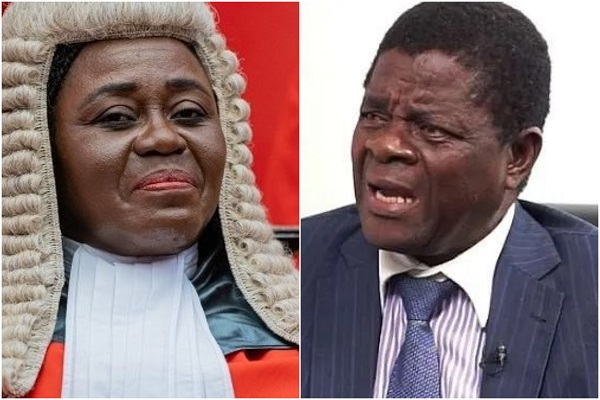Chief Justice Torkornoo Faces Enquiry Over Removal Petitions

Justice Gertrude Torkornoo, the suspended Chief Justice, has publicly voiced her concerns regarding the ongoing inquiry into petitions seeking her removal from office. President John Dramani Mahama suspended her in April 2025, following advice from the Council of State that a prima facie case had been established against her. A five-member committee was subsequently set up to investigate the matter. However, Justice Torkornoo alleges multiple constitutional and legal breaches in the process, describing them as “escalating violations” of due process and the rules of natural justice.
During a press conference on Wednesday, June 26, 2025, Justice Torkornoo expressed deep worry over the committee's conduct, stating that the proceedings are “breaking every rule on how justice is delivered in the country.” She highlighted six specific alleged violations marring the integrity of the process. Firstly, she claimed that the very first day of proceedings commenced in her absence, despite her legal counsel being physically present. The committee, she asserted, proceeded to fix hearing dates and make key procedural decisions without involving her lawyer, which she views as a fundamental breach of her right to fair representation.
Secondly, Justice Torkornoo criticized the committee for failing to indicate the specific allegations for which a prima facie case had been established, or the reasons for such a determination. This omission, she argued, prevents her from understanding her legal standing or preparing an adequate defense. Thirdly, she expressed concern over the committee’s decision to allow two petitioners, Mr. Daniel Ofori and the group Shining Stars, not to testify, thereby denying her the crucial opportunity to cross-examine them and challenge the substance of their petitions.
Further violations cited include the restriction preventing her from being in the hearing room with her husband or any close family member, which she believes adds undue emotional strain and undermines her dignity. She also reported being subjected to an intrusive personal search of her body and handbags, a practice she described as a violation of standard protocols and international courtesies usually extended to a sitting Chief Justice. Lastly, Justice Torkornoo condemned the choice of venue for the hearings, Adu Lodge, a high-security, restricted area on Castle Drive, Osu. She noted that all Article 146 proceedings since 1993 have been held within judicial facilities, asserting that the current location was chosen to intimidate her and prevent public access, especially given the secrecy surrounding the proceedings.
In contrast to Justice Torkornoo's public statements, Kwaku Ansa-Asare, former Director of the Ghana School of Law, has strongly criticized her approach. Speaking on JoyNews and Citi FM’s Eyewitness News on June 25, 2025, Ansa-Asare described her decision to go public while the matter is being handled in camera as a ‘wrong approach’ that undermines the integrity of the process and the office she holds. He insisted that such concerns should be addressed directly to the committee and that her lawyers should ensure her objections are officially recorded. Ansa-Asare emphasized that the public cannot intervene in the suspension process, as it falls solely within the constitutional remit of the president.
Ansa-Asare characterized the Chief Justice’s actions as emotionally driven, cautioning against allowing frustration to override due process and institutional respect. He also suggested that her call for a “public hearing” on constitutional matters of such gravity was inappropriate and potentially an attempt to court public sympathy. Furthermore, Ansa-Asare critiqued Justice Torkornoo’s leadership of the judiciary, implying that her current situation reveals broader problems in the justice system which she failed to address during her three years as Chief Justice. He questioned why she is now a “victim” of a “broken justice delivery system” that she supervised, suggesting her message to Ghanaians should instead focus on the need to fix the broken justice system.
The Supreme Court had previously dismissed Justice Torkornoo’s application for an interlocutory injunction against the committee set up by President Mahama to investigate her conduct. The Court also unanimously struck out a supplementary affidavit filed by Justice Torkornoo, holding that it disclosed confidential information that should have remained under wraps in accordance with Article 146 of the 1992 Constitution, which outlines the procedures for the removal of a Chief Justice or other superior court judge.










